Celebrate 10 years of the European Astro Pi Challenge — registration for 2025–26 is now open
The European Astro Pi Challenge, an ESA Education project run in collaboration with the Raspberry Pi Foundation, is back for its tenth year! This special anniversary year marks a decade of inspiring young people to code and have their programs run aboard the International Space Station (ISS). We are delighted to announce that registration for both Astro Pi missions is now officially open for the 2025–26 challenge.
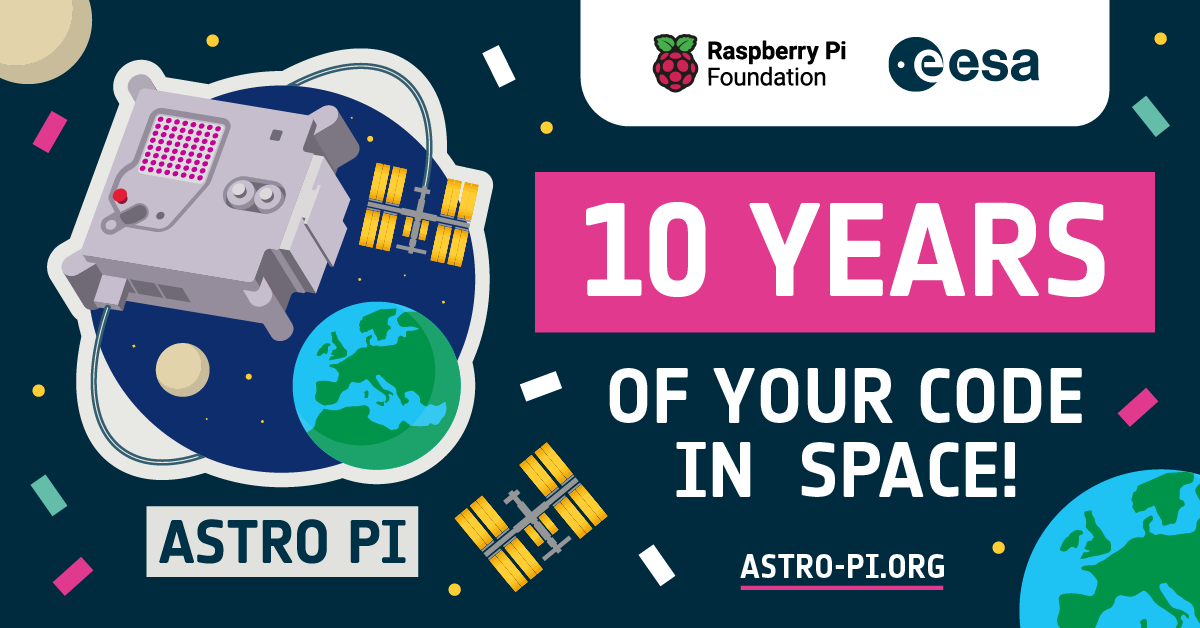
Meet the new Astro Pi Ambassador
We are thrilled to introduce you to the Astro Pi ambassador for 2025–26, ESA Astronaut Sophie Adenot. Sophie is from France and has had an incredible journey to becoming an astronaut. She holds a Masters in Engineering, has been a helicopter test pilot, and was awarded the French National Order of Merit (Chevalier) for her public services in gender equality in the sciences. Sophie is one of the new “Hoppers” cohort of ESA astronauts who graduated in 2023. She will be going on her first mission to the ISS in Spring 2026.
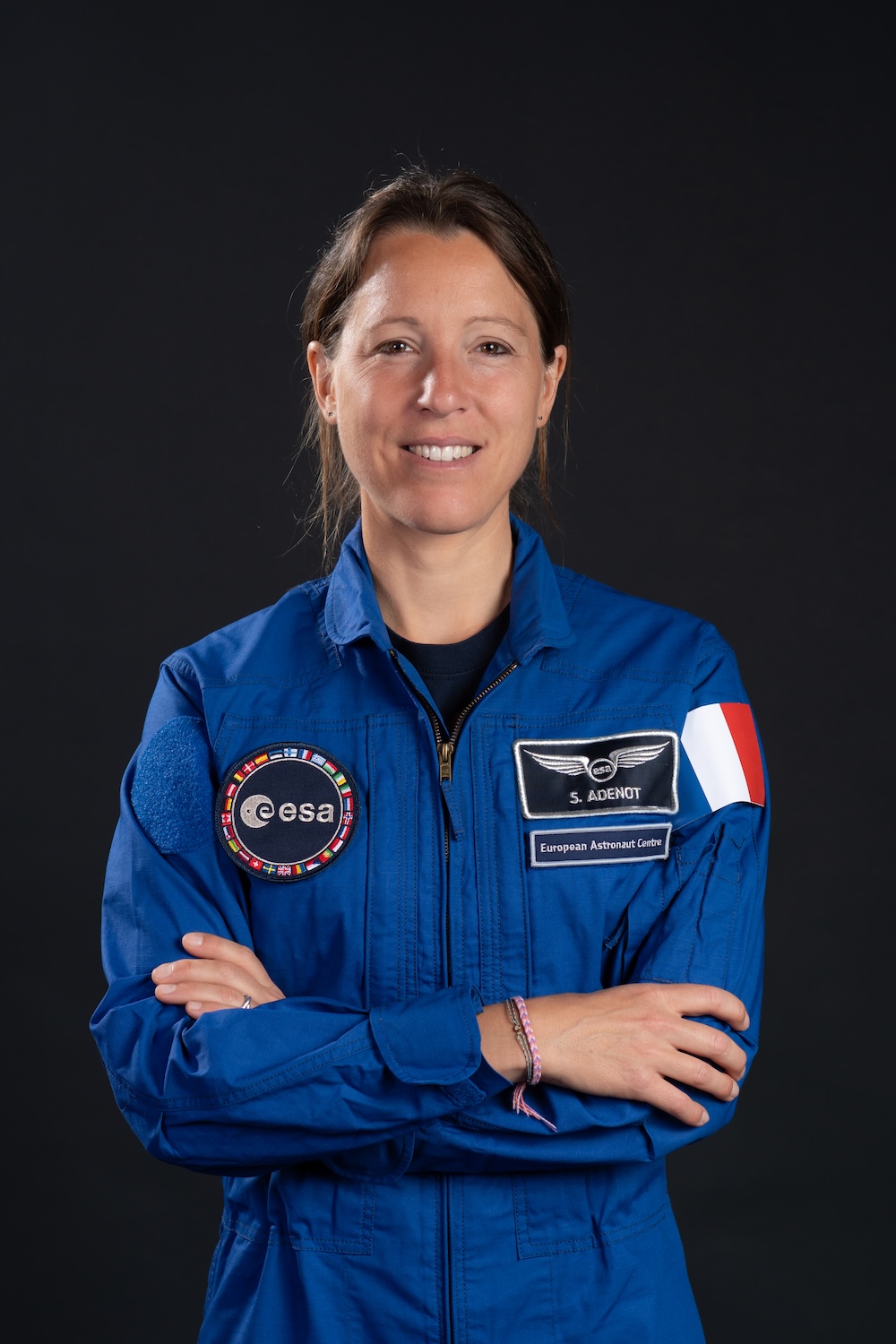
Choose your space mission
Not sure where to start? The European Astro Pi challenge, or Astro Pi for short, has two missions that young people can participate in depending on their coding abilities. Both Missions use Python programming to create short computer programs that will be run on the ISS. Which one will you choose?
Mission Zero: Your pixel art in space
Mission Zero offers a chance for young people to create a nature-inspired piece of pixel art using Python and have it displayed for astronauts to see on special Raspberry Pi computers, called Astro Pis, aboard the ISS. We wanted to share some of our favourite pixel art creations from last year’s mission — you can find them as new examples in our project guide. If your team needs some inspiration to get started, they can choose to recreate or remix one of these examples, or create their own.
The deadline for Mission Zero submissions is 23 March 2026.
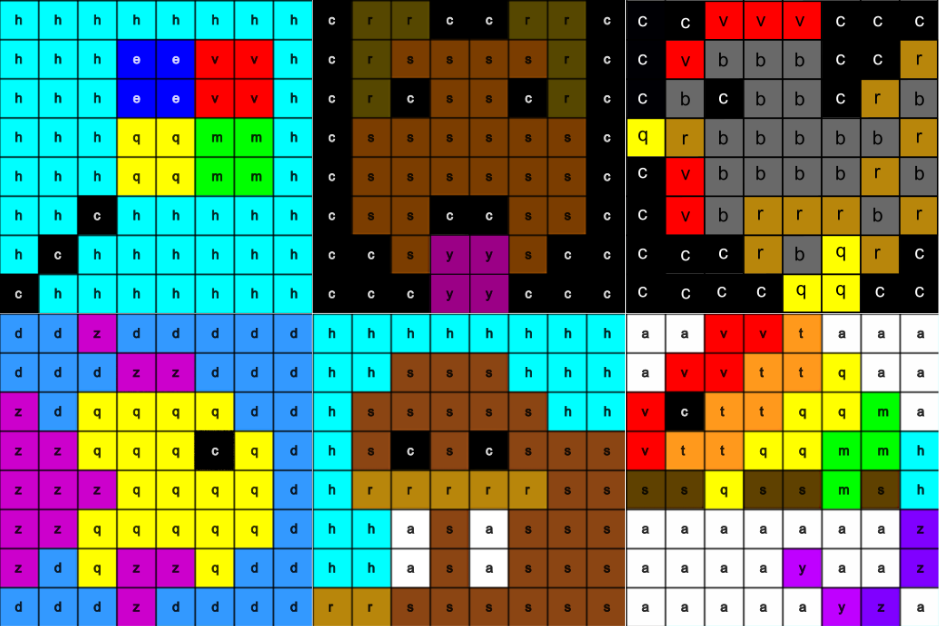
Mission Space Lab: Become a space scientist
For our more experienced coders, Mission Space Lab returns with a real-world scientific task: calculate the speed of the International Space Station as accurately as possible. Teams of between two and six young people will write a Python program that collects data from the Astro Pi computers on the ISS to perform this calculation.
This year, we’ve made some user improvements to the Astro Pi Replay tool, which allows teams to test their programs with a real-time simulation using historical ISS data and images. This updated online tool makes it even easier to see how your program would perform in orbit and troubleshoot any errors.
The submission deadline for Mission Space Lab is 16 February 2026.
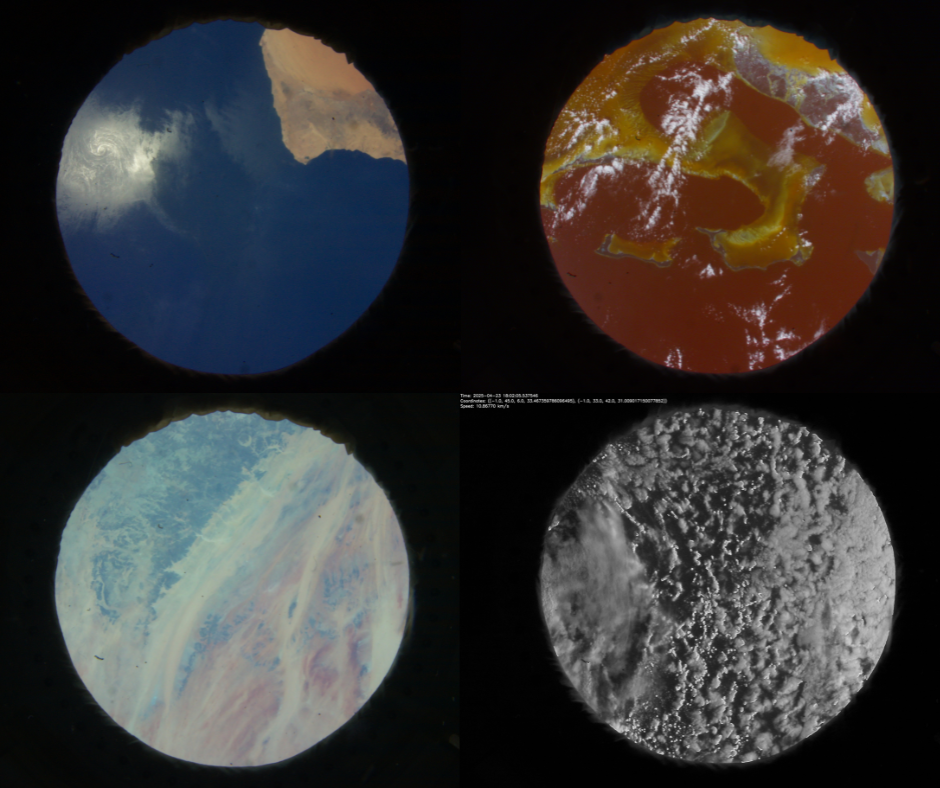
Celebrating a decade of your programs in space
For ten years, the European Astro Pi Challenge has given young people the unique opportunity to explore computer science and space. Ever since the first Astro Pis arrived on the ISS with ESA astronaut Tim Peake on his Principia Mission, young people have been writing programs to run in space. This year, we’re excited to see what new ideas you have for your pixel arts creations, and how you approach the speed challenge.
Ready to send your programs to space? Visit astro-pi.org to learn more and register for the challenge today.
Don’t forget to sign up for our newsletter to stay up to date on all the latest Astro Pi news,resources and events. We can’t wait to see your programs!
P.S. We’d love to hear from some previous participants about how Astro Pi has impacted them. If you or someone you know would like to share a story, please email us at contact@astro-pi.org.



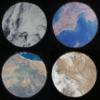


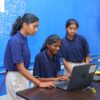
No comments
Jump to the comment form